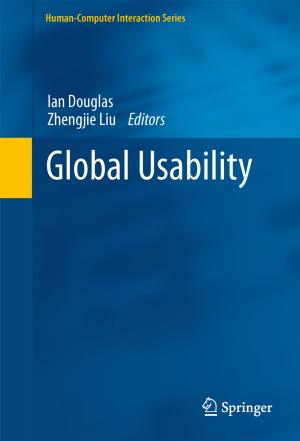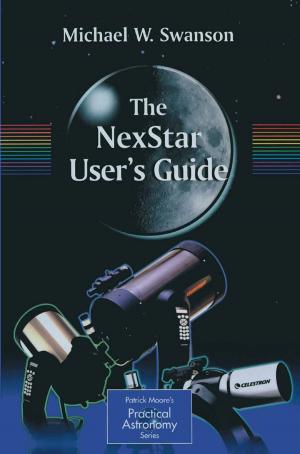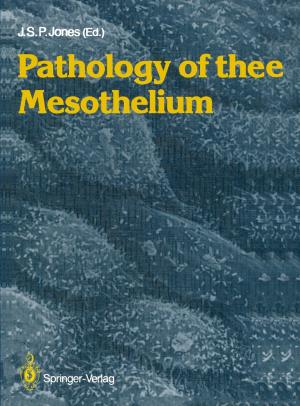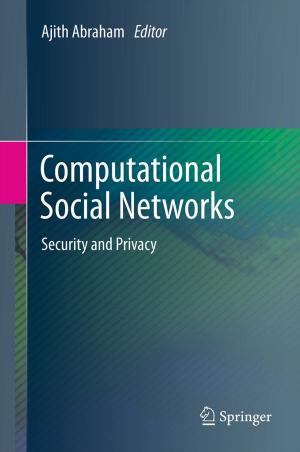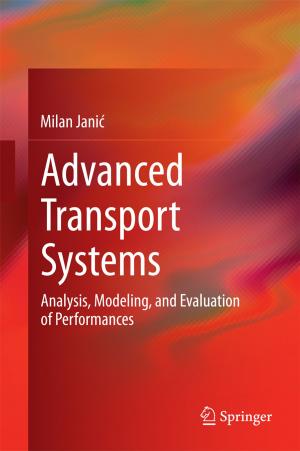Secure Information Management Using Linguistic Threshold Approach
Nonfiction, Computers, Networking & Communications, Computer Security, Operating Systems, Application Software| Author: | Marek R. Ogiela, Urszula Ogiela | ISBN: | 9781447150169 |
| Publisher: | Springer London | Publication: | August 19, 2013 |
| Imprint: | Springer | Language: | English |
| Author: | Marek R. Ogiela, Urszula Ogiela |
| ISBN: | 9781447150169 |
| Publisher: | Springer London |
| Publication: | August 19, 2013 |
| Imprint: | Springer |
| Language: | English |
In recent years, cryptographic techniques for protecting and hiding secret information have been included in directions of research on intelligent information management. Data can be managed securely due to the use of algorithms for ensuring the confidentiality of data, information splitting techniques as well as protocols for sharing information and methods of its reconstruction.
This is why techniques of advanced splitting and reconstruction of information form the primary subject of Secure Information Management Using Linguistic Threshold Approach, whose main purpose is to discuss the so-called linguistic threshold schemes for information sharing. An attempt is also made to describe the opportunities of using these techniques to create new models of managing strategic information shared within a commercial organisation or a state institution. Such information is specially protected, and its contents are used only if the authorised users are enabled to access it. This monograph attempts to define a model structure of information flow and for assigning information shares to particular groups of individuals concerned. The proposed information flow model can be integrated into practical solutions within any organisation or institution, improving the functionality of its legacy information systems.
The use of strong mathematical cryptographic models to manage information constitutes a scientific innovation and a demonstration of the methods and opportunities of using advanced techniques for confidentially exchanging information in tasks supporting data flow within a commercial organisation.
The interdisciplinary nature of the solutions proposed means that the subject of linguistic threshold schemes forming part of intelligent information management becomes a new challenge for the research and application work carried out.
The authors of this monograph hope that it will guide readers on an interesting journey through the cutting edge solution in the field of secure information management.
In recent years, cryptographic techniques for protecting and hiding secret information have been included in directions of research on intelligent information management. Data can be managed securely due to the use of algorithms for ensuring the confidentiality of data, information splitting techniques as well as protocols for sharing information and methods of its reconstruction.
This is why techniques of advanced splitting and reconstruction of information form the primary subject of Secure Information Management Using Linguistic Threshold Approach, whose main purpose is to discuss the so-called linguistic threshold schemes for information sharing. An attempt is also made to describe the opportunities of using these techniques to create new models of managing strategic information shared within a commercial organisation or a state institution. Such information is specially protected, and its contents are used only if the authorised users are enabled to access it. This monograph attempts to define a model structure of information flow and for assigning information shares to particular groups of individuals concerned. The proposed information flow model can be integrated into practical solutions within any organisation or institution, improving the functionality of its legacy information systems.
The use of strong mathematical cryptographic models to manage information constitutes a scientific innovation and a demonstration of the methods and opportunities of using advanced techniques for confidentially exchanging information in tasks supporting data flow within a commercial organisation.
The interdisciplinary nature of the solutions proposed means that the subject of linguistic threshold schemes forming part of intelligent information management becomes a new challenge for the research and application work carried out.
The authors of this monograph hope that it will guide readers on an interesting journey through the cutting edge solution in the field of secure information management.

